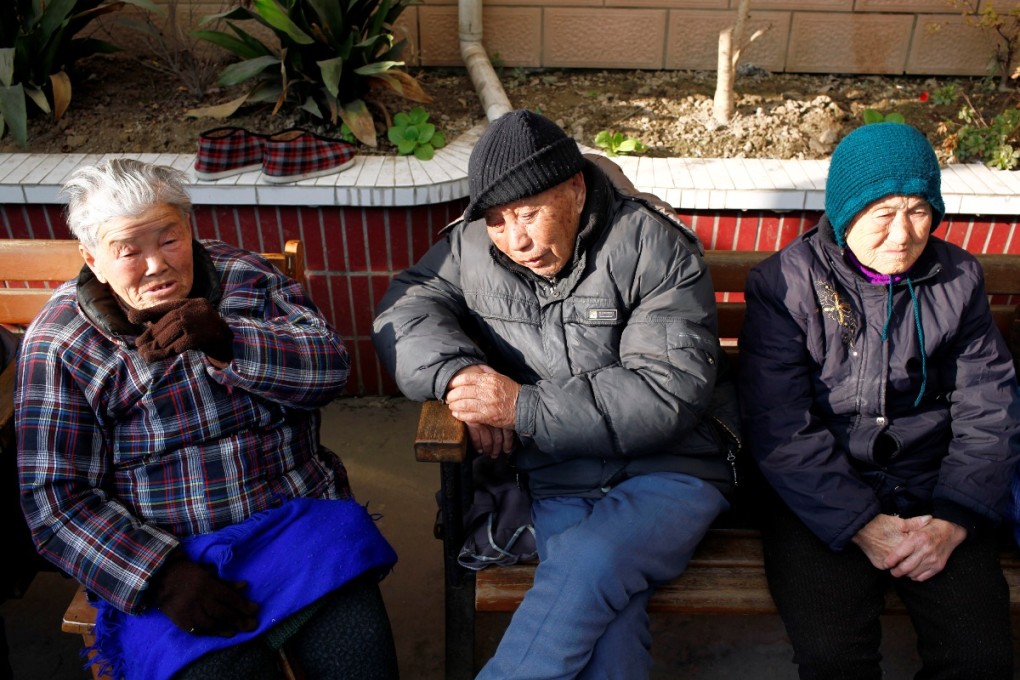Ageing China braces for onslaught of dementia with 30m cases predicted by 2050
With one of the fastest-greying populations in the world, China is on a global hunt for solutions to an impending health crisis as age-related problems such as dementia threaten to sweep the country.

With one of the fastest-greying populations in the world, China is on a global hunt for solutions to an impending health crisis as age-related problems such as dementia threaten to sweep the country, with 30 million patients predicted by 2050.
And while the growing number of elderly citizens threatens to burden the country's health care system and public facilities, China also faces a unique challenge under its one-child policy as the ratio of taxpayers and caregivers to senior citizens who need their help will soon shift dramatically.

"The project included sending doctors, nurses and care givers to the UK for training, so that they can return to China and train more caregivers," said Gray, a China health care specialist with the British government-sponsored Healthcare UK. He is currently in China leading a team from Britain on a trade mission.
Gray said a joint Sino-British project was being drafted and that Chinese health officials were discussing introducing it as a pilot programme. It is expected to be announced later this year.
"We need to train staff in a correct way. Dementia patients require a lot of care, so those people who take up the job have to be very compassionate," Gray said in a telephone interview. His group is scheduled to visit Hong Kong today.
He said there was no way for all patients to be kept in institutions, and so more community support and facilities were needed to allow patients to receive proper care at home.